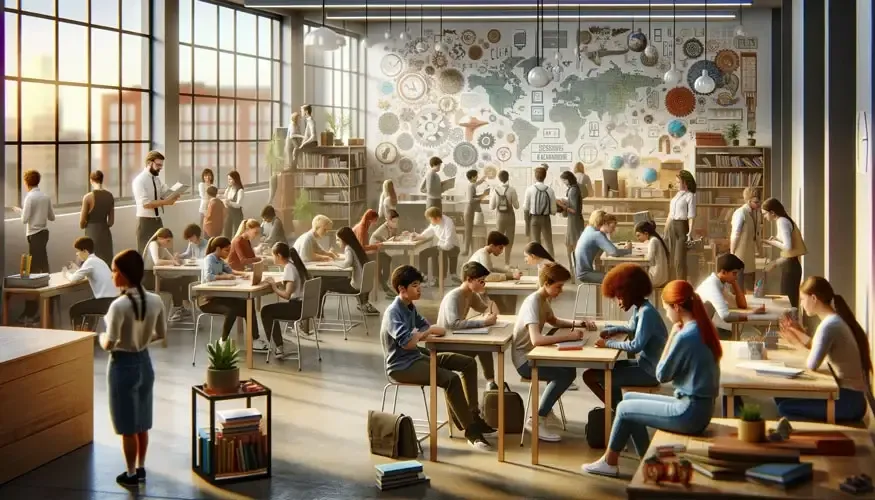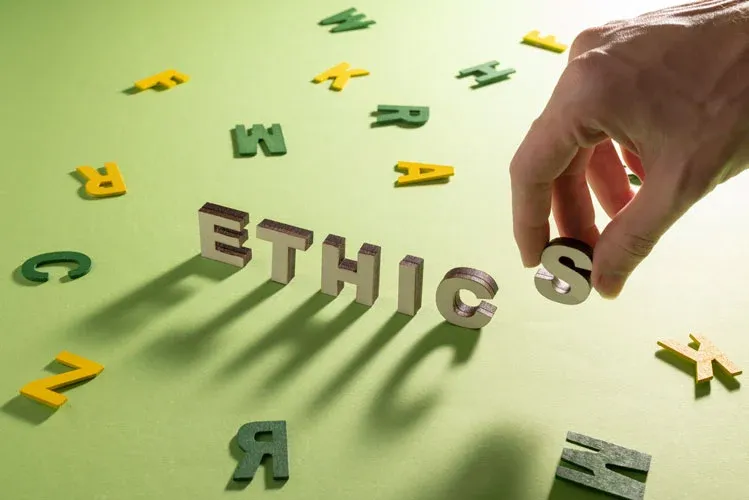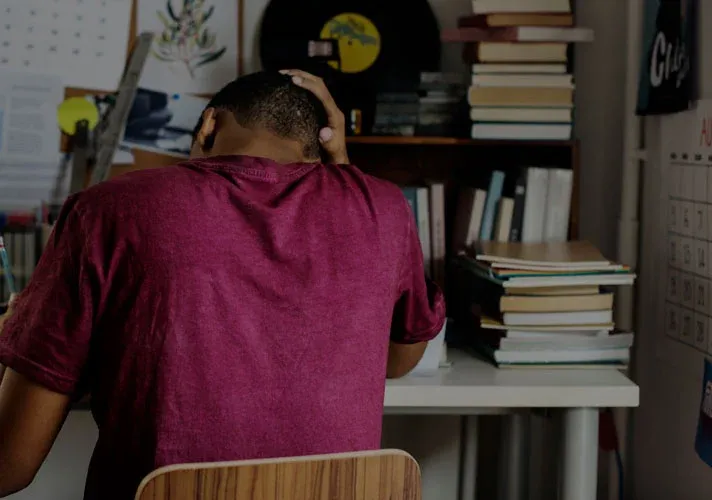Building Confidence in High School Students
High school is often a time of exploration, self-discovery, and academic growth. Yet, for many students, it can also be a period marked by self-doubt and uncertainty, making confidence-building a challenge. However, building confidence in high school can go a long way in achieving academic success and personal development for success after graduation. In today’s article, we’ll explore practical strategies for parents and teens alike to help empower high school students to build lasting confidence.
Encouraging Self-Reflection: The first step towards building confidence is self-reflection. High school students are navigating a complex landscape of academic challenges, extracurricular activities, and personal relationships. Encouraging students to reflect on their strengths, interests, and achievements can go a long way in helping them to develop a positive self-image.
Setting Realistic Goals: Goal-setting is a powerful tool for building confidence. At the Rose Academies, we work with students to set realistic, achievable goals that align with their passions and abilities. Breaking larger goals into smaller, manageable tasks allows students to experience success incrementally, boosting their confidence along the way.
Recognizing and Celebrating Achievements: Celebrating achievements, no matter how small, is crucial for building confidence. Whether it’s acing a test, completing a challenging project, or excelling in extracurricular activities, acknowledging and celebrating these accomplishments reinforces a sense of competence and capability.
Promoting a Growth Mindset: A growth mindset believes that abilities and intelligence can be developed through dedication and hard work. Emphasize the value of learning from mistakes, viewing challenges as opportunities for growth, and understanding that effort is a key factor in success to facilitate a student’s growth mindset.
Encouraging Extracurricular Involvement: Extracurricular activities allow students to explore their interests and talents outside the academic realm. Whether joining a club, playing sports, or volunteering, these activities contribute to a well-rounded sense of self and boost confidence.
By empowering students with the tools and mindset to navigate challenges, high schools can play a pivotal role in shaping confident, capable individuals ready to tackle the opportunities that lie ahead. At the Rose Academies alternative charter schools, we understand that confidence is not just a byproduct of success; it’s a foundation for achieving one’s full potential. To learn more about the Rose Academies and even enroll today, we invite you to continue exploring our website.








